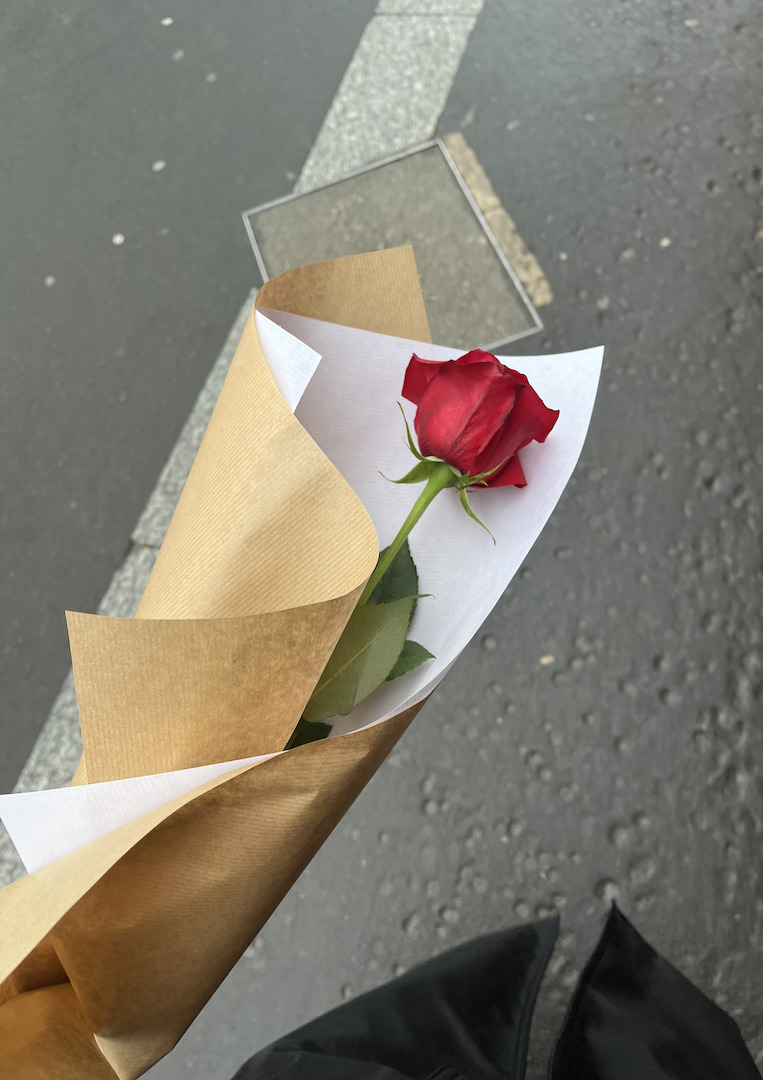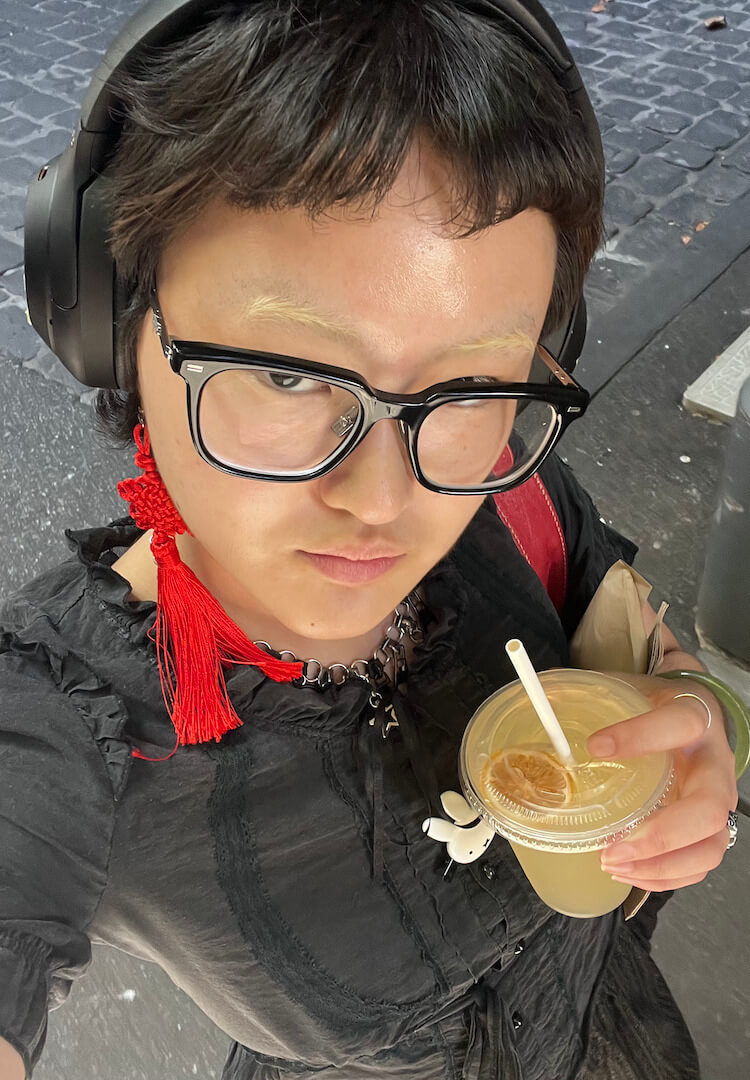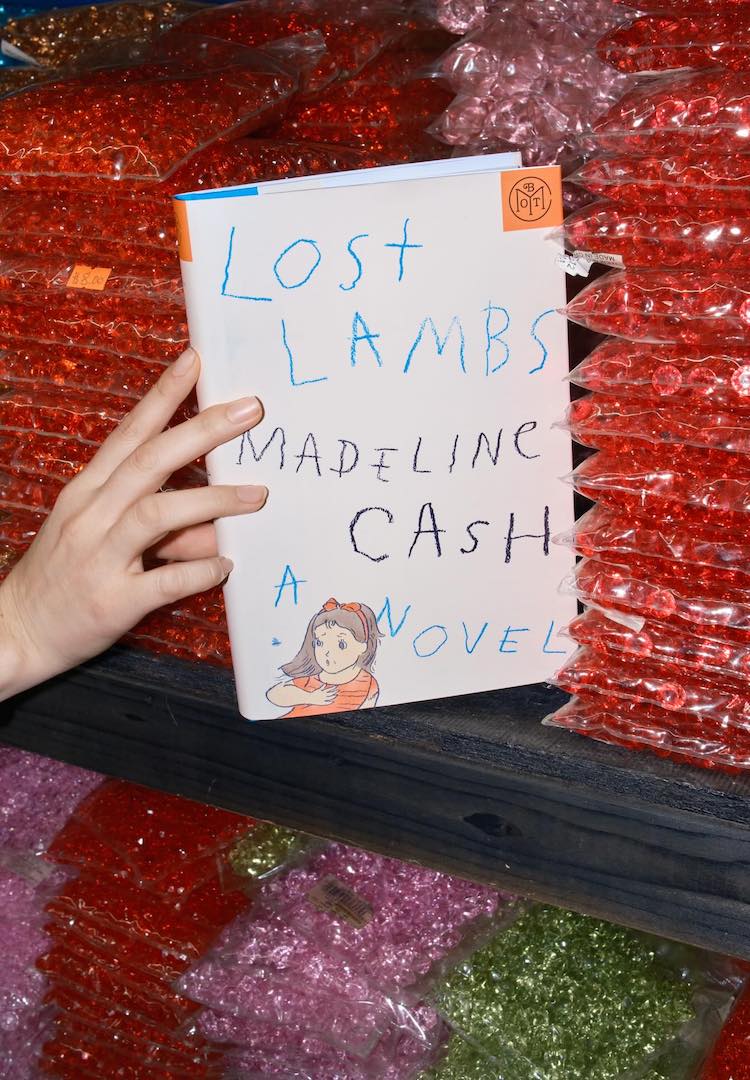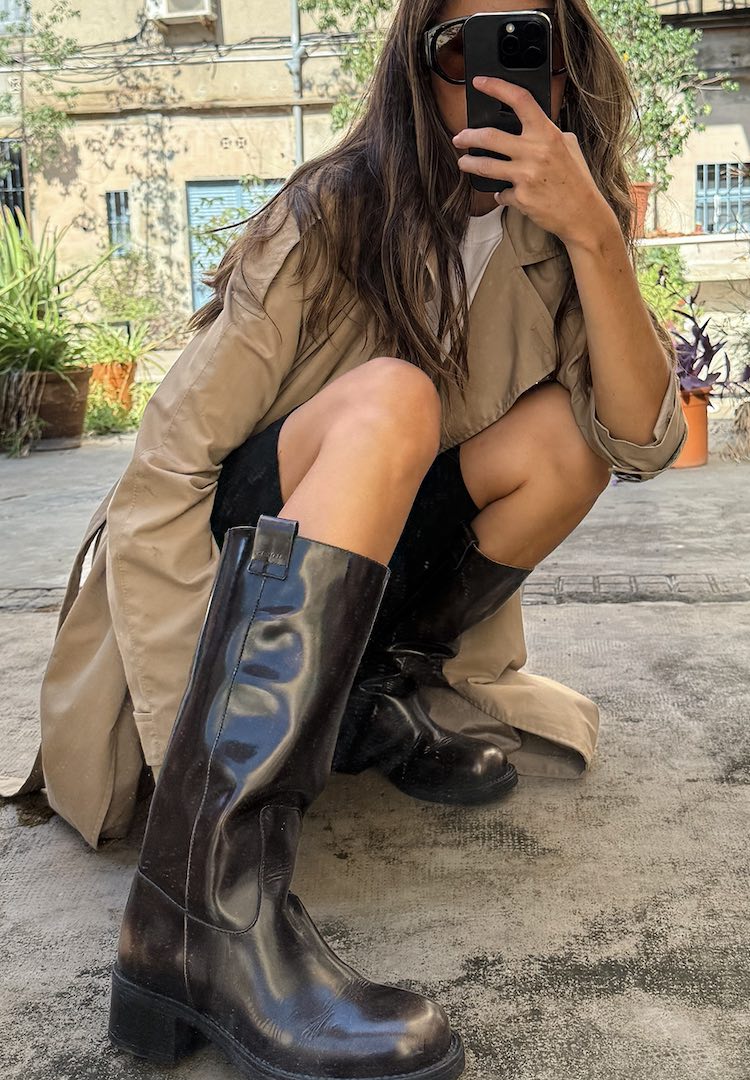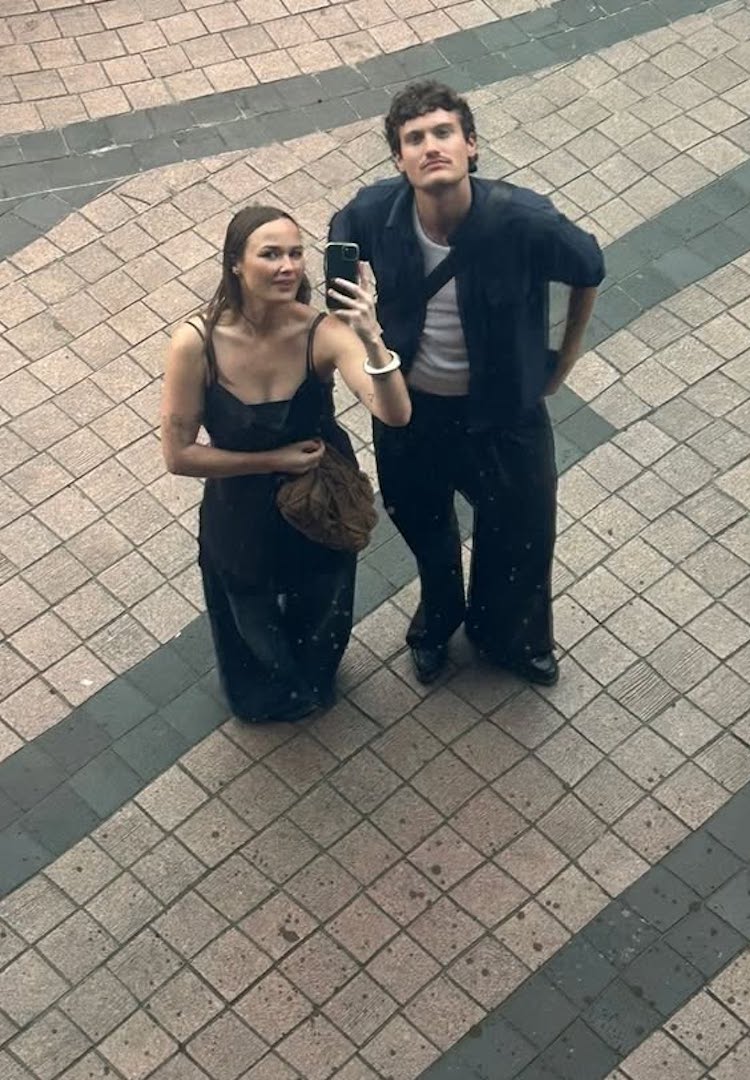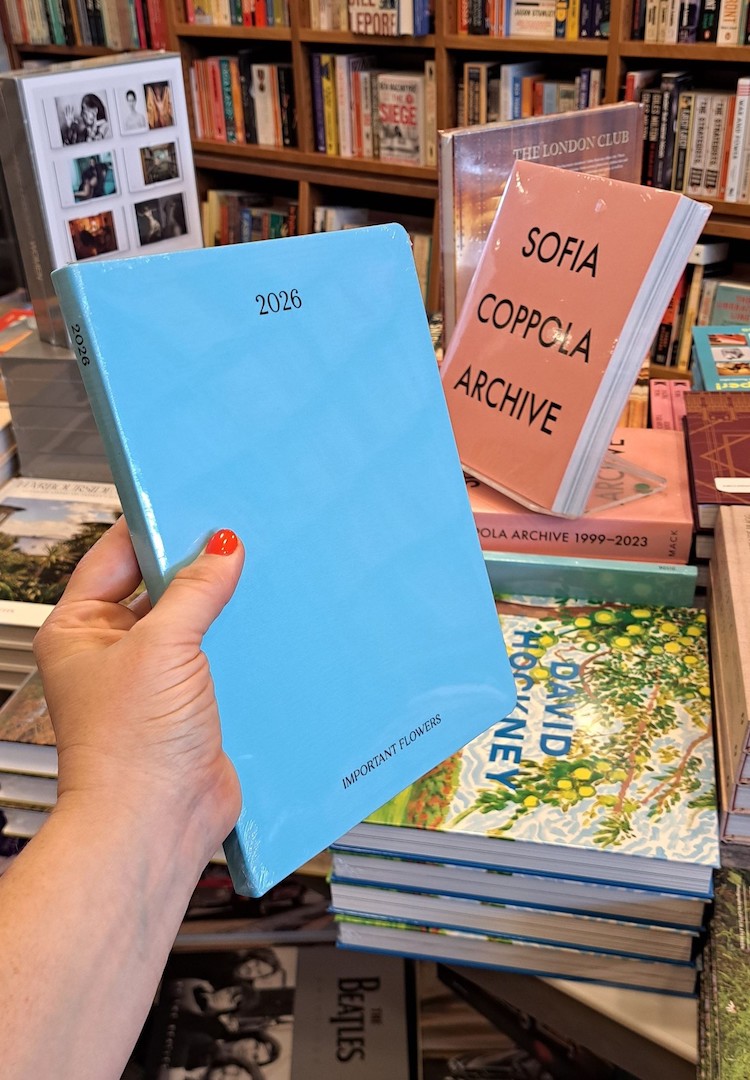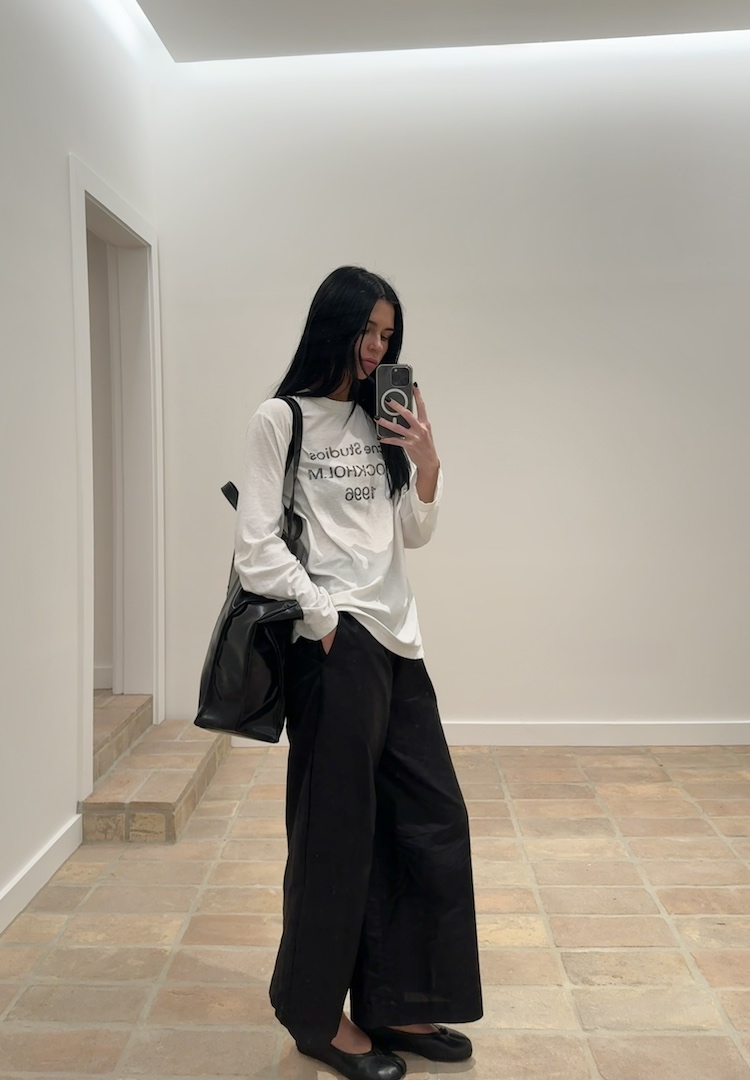Australian authors share their practical advice for becoming a better writer
AS TOLD TO DAISY HENRY
Tips from the people who know best.
Anyone who’s ever dreamed about becoming a writer knows one of the hardest parts is writing that first sentence. While I’ve dreamt up countless articles and fictional ideas in my head, only a fraction have made it to the page. Once I start, I can sink into the groove intuitively. But knowing how to begin is what always gets me.
I know for some people, the tricky part is learning to hone your voice. For others, it’s being able to ‘kill your darlings‘ and ruthlessly cull sentences and pages that don’t serve the story (no matter how much you love them).
Interested to hear how others navigate the world? Head to our Life section.
Whatever the pressure point, the beauty of writing is that there’s always room for improvement. It’s a lifelong relationship – one you can dip in and out of but always comes back to you. No matter where you are in the world or in your life, you can write.
Whether your preference is towards articles based on your personal experiences or creative fiction, who better to turn to for advice than authors? Having been through multiple drafts and rounds of editing in publishing their books, they have built up an invaluable database of practical pieces of advice.
Genevieve Novak, author of No Hard Feelings and Crushing
“It’s difficult to produce good work in total isolation.”
Notes, notes, notes. Get as many notes as you can from everyone with the time to give them to you. From editors, writers, readers and belligerent fucks in comment sections – take in everything they have to say, absorb what’s constructive, discard the rest. Although writing is a fairly solitary pursuit, it’s difficult to produce good work in total isolation. You’re often too close to your story to see it clearly, and an outsider’s insight can blow the whole thing wide open.
Join a writing group, pay for beta reading and manuscript assessments, or sign up for a mentorship program. Just get your work in front of as many fresh and (constructively!) critical eyes as possible. But! It’s important not to take criticism of your writing as criticism of who you are or your talent. Feedback just gives you a new perspective, and not all notes are created equally. There are so many ways to tell the same story. Your work won’t speak to everybody. That’s what makes it so special when you finally find your perfect audience.
Diana Reid, author of Love and Virtue, Seeing Other People and Signs of Damage
“You’re allowed to write drivel.”
You just can’t worry about whether it’s any good; you just have to write it. So often the gap between what you want the work to ultimately be and what you’re capable of when you first sit down at a desk with a blank page is so big and it can feel really daunting, and sometimes that can be paralysing, and then you don’t start the novel or the essay or whatever it is and you procrastinate. So I think telling yourself that you’re allowed to write drivel and you can delete it and no one ever has to see it can be liberating.
Elfy Scott, author of The One Thing We’ve Never Spoken About
“Read as widely as possible.”
I think the feeling of an authentic voice is fundamental to great writing and, equally, you can viscerally feel the awkwardness when somebody is trying to write outside of their own voice. When I speak about ‘voice’, I mean your natural rhythm, your vocabulary, your humour, everything that is essentially ‘you’ when you write. There are a couple of tricks that I use to remind myself of my voice. One of the first things I was taught when I started working in magazines was to read your copy aloud after you’ve written it and see if it feels natural rolling off your tongue.
I think one of the most common pitfalls for young writers, myself included, is believing that writing is about coming across as smart rather than trying to communicate authentically with your audience (brilliant writers can do both, but I would always prioritise the latter). I remember in my first job as a columnist, my editor shouted across the office, “Elfy, literally nobody uses the word ‘assumedly’ out loud! Who has ever said that?!”
Another way to establish your voice is to read as widely as possible. You’ll pick up words in other people’s writing you know you would never use, you’ll come across cadence that just feels wrong and descriptions or jokes that simply don’t land. Find the boundaries of your voice by understanding other people’s.
Madison Griffiths, author of Tissue
“To be a writer is to make music.”
Get granular. A sentence is meant to be lyrical. Make it so. Does it sound right? Does it feel buttery to say aloud? Ursula K. Le Guin once wrote, ‘The basic elements of language are physical: the noise words make, the sounds and silences that make the rhythms marking their relationships.’ To be a writer is to make music.
Jessie Tu, author of A Lonely Girl is a Dangerous Thing and The Honeyeater
“It’s like a sculpture you need to chip away at.”
Here’s my advice: Be patient with yourself. Writing takes time. It’s like a sculpture you need to chip away at and mould and reshape day in, day out. It requires a lot of patience and will, so just be kind to yourself and try not to be angry or frustrated when things don’t pan out the first few times.
By all means, get angry and frustrated but don’t linger on those emotions for too long. It’s natural for things to take a long time before they become beautiful and good. Take your time. There is no race when it comes to writing. You’re only competing with yourself.
Dylin Hardcastle, author of A Language of Limbs
“Lean into any and all experiences.”
The best pieces of writing advice that I have to share are inheritances from other writers. The first comes from Nana Kwame Adjei-Brenyah (author of Friday Black), and it’s about trying to use descriptions in your writing that shift the axis of one’s expectations ever so slightly so that the image they’re confronted with is startlingly fresh.
Which is to say, in a world where we’re bombarded with images all the time, try not to rely on cliches, and ask yourself, what unique perspective do you bring to this picture? How can you describe a recognisable scene (perhaps of two people kissing for the first time) using a description we haven’t seen before? What metaphor can you conjure that makes this common intimacy appear startlingly fresh to readers?
The second piece of advice came from David Mitchell (author of Cloud Atlas), where I learnt to appreciate and lean into any and all experiences. Between projects, I want to learn as much as I can from the world. According to Mitchell, without learning in between works, your next book will be the same ideas dressed up in different characters.
Nadia Mahjouri, author of Half Truth
“Finding your unique voice is will unlock every other part of your writing.”
As a writer, I’m always trying to find ways to improve my writing and there is no shortage of good advice to be found – cut your adjectives, set a daily wordcount, build tension in every scene and one of my personal favourite, write what makes you blush (Lee Kofman’s The Writer Laid Bare). All of these tips will improve your work immeasurably but for me, the best piece of advice for becoming a better writer is first, find your voice.
Your voice is the unique style, tone and intonation of your novel or story. If you’re writing in the first person, this will be the voice of your protagonist, and it will show their age, where they grew up and their personality. Are they loud, quiet, pensive? What kind of education did they have? Does their voice change match their age or their era?
Even if you are writing in the third person, every work needs a unique voice, and that’s what will draw your readers in and keep them reading. Finding your unique voice will unlock every other part of your writing and having a singular voice will ensure your story stands out in readers’ memories – who can forget the first time they read writers like Toni Morrison, Jane Austen or Zadie Smith?
For more advice too improve your writing, head here.

